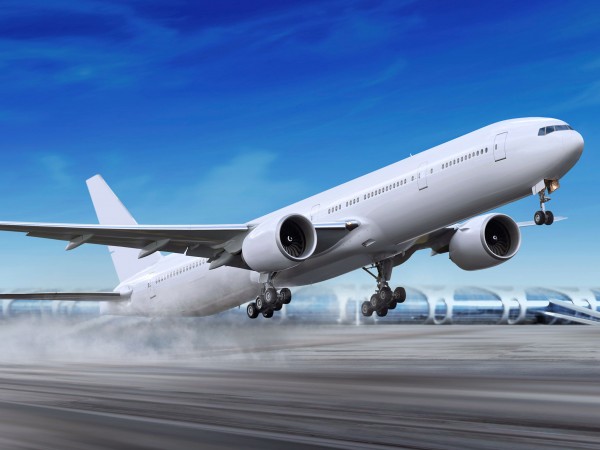You can’t give up the convenience of air travel, but the rules and security measures you have to comply with take the fun out of it: Check-in hours before the scheduled take-off, “You can’t carry that”, “You can’t do that”; “Can you please take off your belt and pass through the X-ray gate?”; “Can you please pass again?”; “Open your bag please,” “We are sorry to inform our passengers that flight to ….. will be delayed for two hours”, etc., etc …
But you are well advised to take all these in stride: For in the future, it is more than likely that your airline will “kindly inform you” that you cannot board because the weather is too hot for your plane to be able to take off. Or you are “kindly asked” to leave half of your baggage behind, because the airliner has to be lightened to muster the required speed to get into the air. And don’t hurry to speak out your mind about airlines or airport management. The culprit is glaring right back at you in the mirror: It is ourselves who cannot rein in global warming, by refusing to reduce our carbon footprint.
A study conducted by a team of American researchers points out that warming makes the air less dense, which, in turn, reduces the lift force on the wings of aircraft. Since modern passenger jets get bigger and heavier, it is harder for them to accelerate on the runway; so they need longer runways to pick up adequate speed for take off on hot days. And when the runways are not long enough, they have to reduce weight by limiting the baggage allowed on board.
Starting with a climate model, the researchers made future summertime temperature projections for four of the busiest airports in the U.S. (Phoenix, New York, Washington D.C. and Denver). Then, they compaared these with the temperature thresholds which occasionally cause weight restrictions at these airports for Boeing 737-800 passenger jets picked up for the study. Their conclusion is that the number of days which would force weight restrictions at these airports will increase by 50-200 percent!
But do not rush to cancel your reservations yet. The future covered by the study is between the years 2050 and 2070. But you can start priming your grandchildren for the surprises in store. Unless, of course, the progressing aviation technology cannot tackle the problem with more powerful engines and lighter fuselages.
REFERENCES
- 1. “Warming world could make it harder for planes to take off”, Science, 25 November 2014

